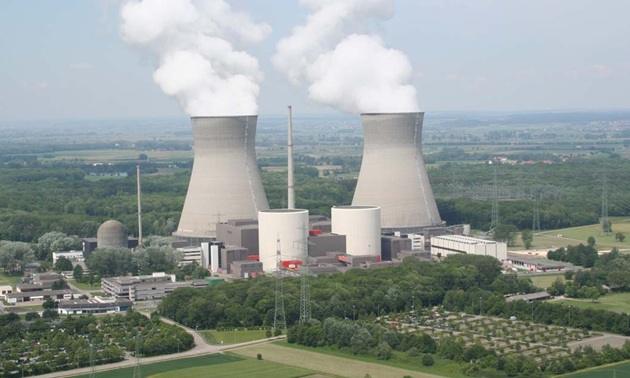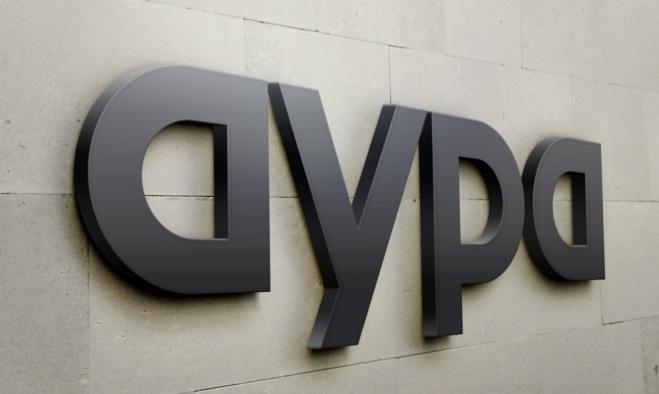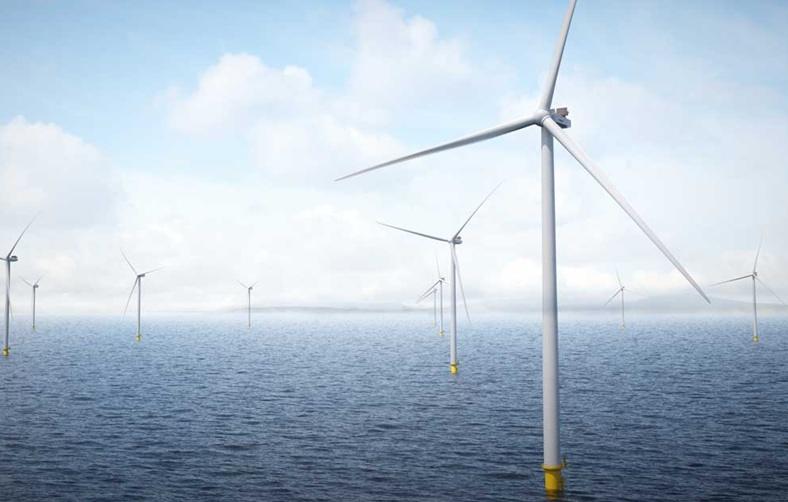EU Says Over €240 Billion Investment Needed for Nuclear Energy Plans
More than €240 billion in investments will be needed through 2050 in order to deliver EU member states’ plans for nuclear energy and to reach energy decarbonization goals, according to a new estimate released by the European Commission.
The new estimate was released with the Commission’s updated nuclear illustrative programme (PINC), an overview of nuclear development trends in the EU, providing an assessment in line with the EU’s decarbonization targets, and its REPowerEU Plan and Clean Industrial Deal goals.
According to the Commission, nuclear power plants produced approximately 23% of electricity in the EU, and while some countries have decided to discontinue operations, others have planned to continue or expand their production and use of nuclear energy as an important component of their decarbonization, industrial competitiveness and energy security strategies. Overall, nuclear installed capacity in the EU is expected to grow from 98 GW currently to around 109 GW in 2050 in a base case scenario, or as high as 144 GW in a high-end scenario in which reactors extend their service life and all new build projects are delivered on time.
In all, the Commission estimates €241 billion in investments in nuclear capacity, including €205 billion for construction of new large-scale reactors, and €36 billion for lifetime extensions of existing reactors.
Longer-term, additional investments will be needed for newer nuclear technologies, including Small Modular Reactors (SMRs), Advanced Modular Reactors (AMRs) and microreactors, as well as fusion technology.
In order to fund the needed investments, the Commission highlighted a need for diverse sources of both public and private financing, which will need to be complemented by de-risking instruments.
Dan Jørgensen, Commissioner for Energy and Housing, said:
“To truly deliver the clean energy transition, we need all zero- and low-carbon energy solutions. Nuclear energy has a role to play in building a resilient and cleaner energy system. Ensuring the necessary framework conditions will allow the EU to keep its industrial leadership in this sector while also upholding the highest safety standards and responsible management of radioactive waste.”





